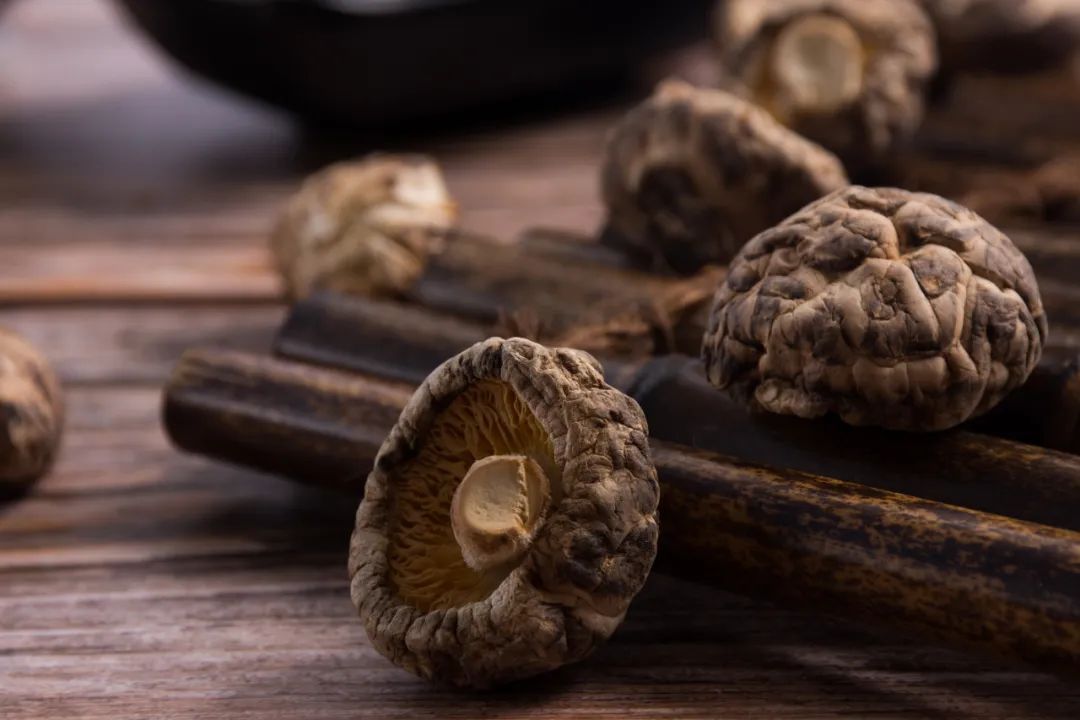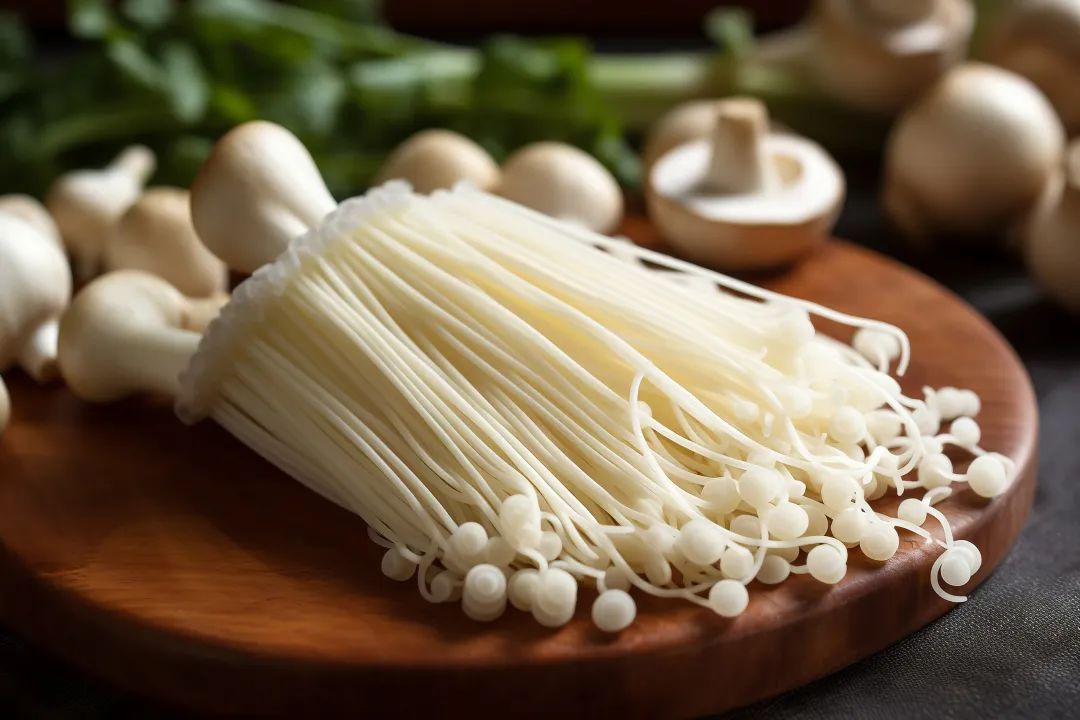
Do Mushrooms Boost Immunity, Fight Oxidation, and Enhance Brain Health?
2025-04-27 00:28Can Mushrooms Truly Benefit the Brain?
Mushrooms, such as button mushrooms, king oysters, enoki, shiitake, and oyster mushrooms, are celebrated not only for their umami flavor but also for their brain-boosting potential. Recent studies suggest they may protect central nervous system health and enhance cognitive function.

Key Nutrients in Mushrooms
Psilocybin: Found in certain species, this compound shows promise in treating depression and is being explored as a novel antidepressant therapy.
Ergothioneine: A potent antioxidant linked to reduced risk of mild cognitive impairment (MCI). Research indicates that consuming ~300g of mushrooms weekly may lower MCI risk by 50% in adults over 60.
Vitamins: Rich in B vitamins (supporting cardiovascular and mental health), vitamin D (bone health), and vitamin C (immunity).
Minerals: High in potassium (heart health), magnesium (metabolism), selenium (antioxidant defense), and calcium (bone strength).
Dietary Fiber: Promotes gut health and prevents digestive disorders.
Protein & Amino Acids: With 30% protein content (low in fat/cholesterol), mushrooms provide easily digestible plant-based protein. They also contain 17 amino acids, including glutathione, a brain-protecting antioxidant.

Nutritional Profiles of Common Mushrooms
Oyster Mushrooms: High in selenium and polysaccharides for antioxidant benefits; may aid in regulating nervous system function.
White Button Mushrooms: Low-fat, high-protein, rich in potassium and fiber; supports heart health.
Shiitake: Packed with potassium, calcium, and lentinan (a beta-glucan) to lower cholesterol and blood pressure. Its vitamin D content helps prevent osteoporosis.
King Oyster Mushrooms: Contain polysaccharides to regulate blood pressure and glucose; minerals enhance immunity.
Enoki Mushrooms: Rich in amino acids critical for brain function, earning the nickname “smart mushroom.”

Cooking Tips & Safety
Mushrooms’ savory taste and texture make them ideal for soups, stir-fries, and stews. Varieties like bamboo fungus (竹荪) and oyster mushrooms absorb broth beautifully. However, caution is crucial:
Avoid wild foraging. Toxic mushrooms, referenced in the rhyme “Red cap, white stem—eat them and meet your end,” can cause hallucinations, organ failure, or death.
Purchase from trusted sources and cook thoroughly to destroy toxins.
Avoid overnight-soaked or spoiled fungi (e.g., black fungus) to prevent food poisoning.
Health Considerations
While mushrooms offer numerous benefits, they contain purines. Those with gout or high uric acid should limit intake, especially in broths. Boiling or drying reduces purine levels, but moderation is key. According to the 2022 Chinese Dietary Guidelines, mushrooms are categorized with vegetables. Adults should aim for 70g daily (2–3 servings weekly) to balance nutrient intake (e.g., potassium, amino acids) without overconsumption.
Conclusion
Mushrooms are a flavorful, nutrient-dense addition to diets, supporting brain health, immunity, and overall wellness. Prioritize safe sourcing and mindful consumption to reap their benefits while avoiding risks.
SEO Keywords:
Mushroom health benefits
Ergothioneine cognitive health
Psilocybin depression treatment
Mushroom nutrition facts
Brain-boosting mushrooms
Edible mushroom safety
Purines in mushrooms
Antioxidant-rich fungi
Mushroom dietary guidelines
Cooking mushrooms safely
